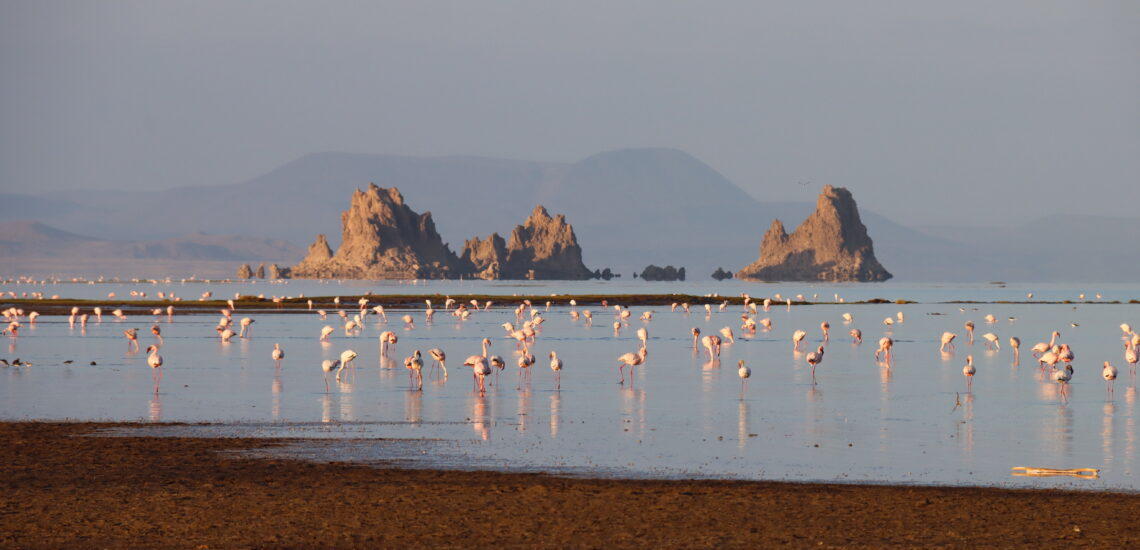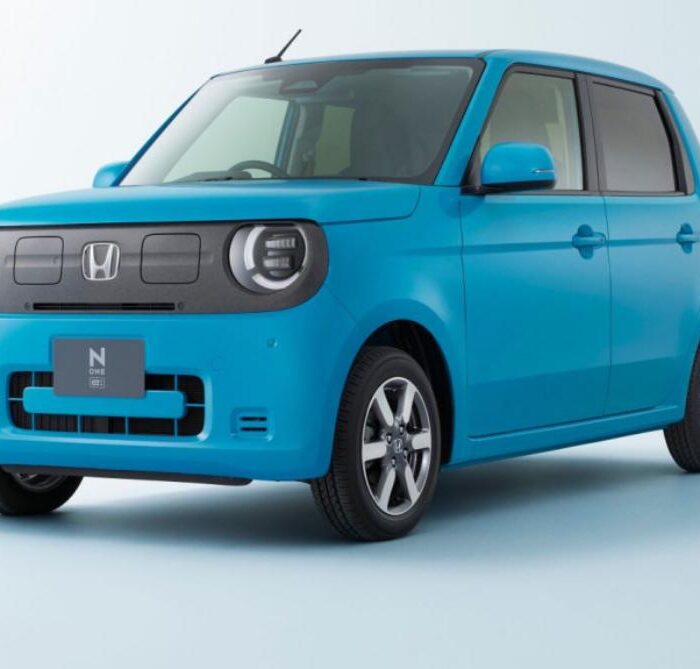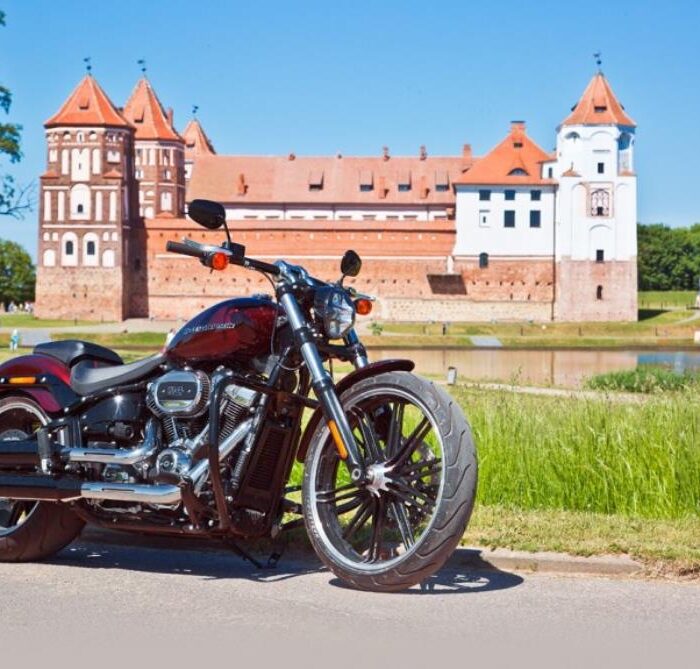Quick facts about Djibouti:
- Population: Approximately 1 million people.
- Capital: Djibouti City.
- Official Languages: French and Arabic.
- Other Languages: Somali and Afar are also widely spoken.
- Currency: Djiboutian Franc (DJF).
- Government: Unitary semi-presidential republic.
- Major Religion: Islam, predominantly Sunni.
- Geography: Located in the Horn of Africa, bordered by Eritrea to the north, Ethiopia to the west and south, and Somalia to the southeast. It has a coastline along the Red Sea and the Gulf of Aden.
Fact 1: Because of its strategic location, Djibouti has many foreign military bases
Djibouti’s strategic location at the crossroads of the Red Sea and the Gulf of Aden makes it a critical hub for international military and naval operations. Situated near the entrance to the Suez Canal and bordering important maritime routes, Djibouti’s geographic significance has led to the establishment of several foreign military bases on its territory.
The country hosts military installations from various nations, including the United States, France, and Japan. The U.S. has its largest base in Africa, Camp Lemonnier, located in Djibouti. This base is a key strategic asset for operations in the Horn of Africa and the broader Middle East region. France also maintains a substantial military presence in Djibouti, reflecting its historical ties to the country.
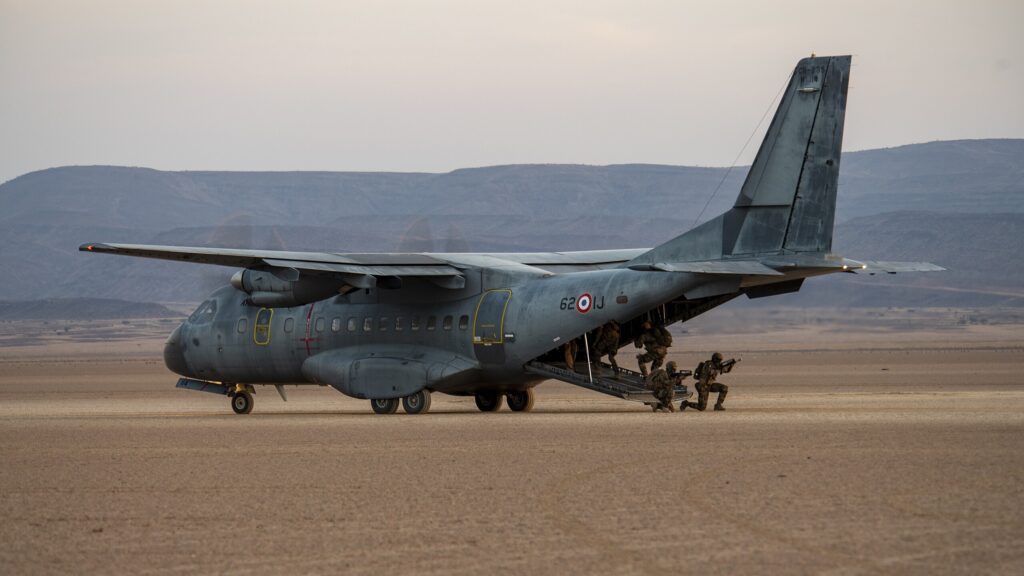
Fact 2: Djibouti has a wide variety of languages that influence each other
Djibouti is a linguistically diverse country where several languages and dialects coexist and influence each other. The primary languages spoken are Arabic and French, which reflect the country’s colonial history and its role in the Arab world.
Arabic is the official language of Djibouti, used in government, education, and religious contexts. It also serves as a unifying language among the various ethnic groups in the country. French, a remnant of Djibouti’s time as a French colony, is widely used in administrative and educational settings.
In addition to these official languages, Djibouti is home to several indigenous languages, such as Somali and Afar. Somali is spoken by the Somali ethnic group, while Afar is used by the Afar people.
Fact 3: Lake Assal is the lowest place in Africa and is 10 times saltier than the ocean
Lake Assal is the lowest point in Africa, situated at approximately 155 meters (509 feet) below sea level. Located in the Danakil Depression in Djibouti, this lake is renowned not only for its depth but also for its exceptionally high salinity. The lake’s salt concentration is about 10 times greater than that of the ocean, making it one of the saltiest bodies of water in the world.
The high salinity of Lake Assal results from the high evaporation rates in the region, which cause salts and minerals to accumulate over time. The lake’s stark, otherworldly landscape, with its salt flats and mineral deposits, adds to its unique geological and environmental significance.
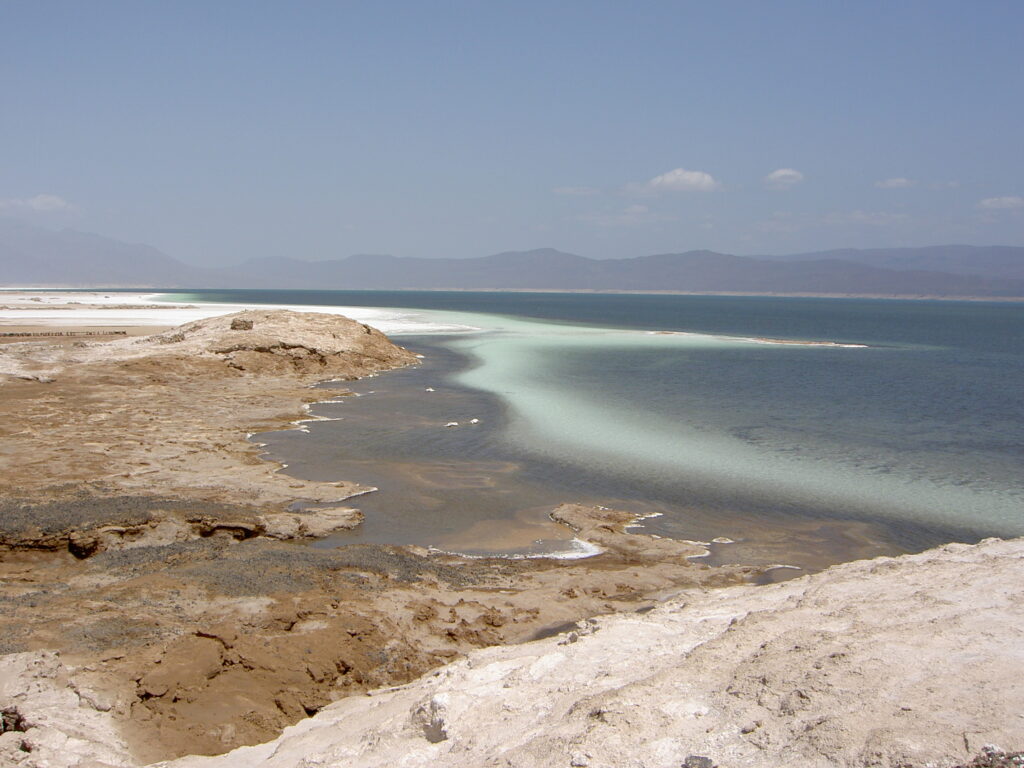
Fact 4: Khat is a narcotic plant popular in Djibouti
Khat is a stimulant plant that is widely consumed in Djibouti and neighboring countries like Ethiopia, Somalia, and Kenya. The leaves of the khat plant contain cathinone, a compound with stimulant properties similar to amphetamines, which can produce a euphoric effect and increase alertness.
In Djibouti, khat is a significant part of social and cultural life. It is commonly chewed in social settings and is considered a traditional practice. The consumption of khat often serves as a social activity and is integrated into communal and family gatherings.
While khat is legal and culturally accepted in Djibouti and some neighboring countries, it is also associated with several health issues, including potential addiction and mental health effects.
Fact 5: Three-quarters of the country lives in the capital of Djibouti
Djibouti City is the largest and most developed urban area in the nation, offering the majority of the country’s infrastructure, services, and employment opportunities. The city’s prominence is further amplified by its strategic location at the junction of the Red Sea and the Gulf of Aden, making it a key center for trade and international shipping.
The heavy population density in Djibouti City underscores the challenges of urbanization, such as the need for adequate housing, public services, and transportation. Despite these challenges, the city’s central role in the nation’s economy and administration makes it a focal point for development and investment in Djibouti.
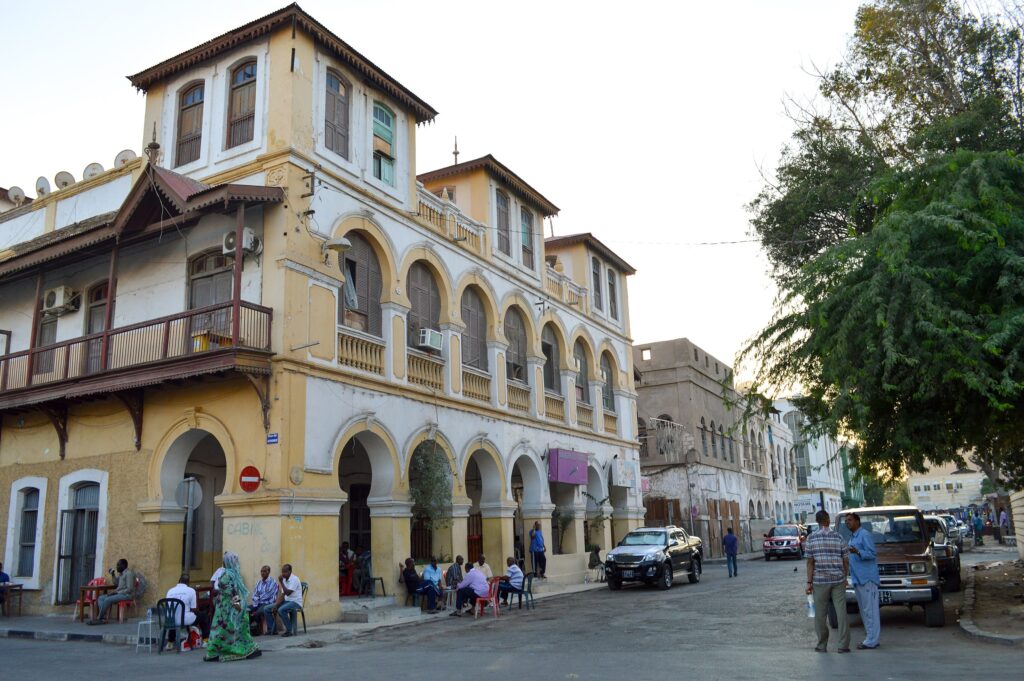
Fact 6: There are lunar landscapes in Djibouti because of volcanoes
Djibouti’s landscape features striking lunar-like terrains, largely due to its volcanic activity. The country’s volcanic regions, particularly around the Dananakil Depression and the Arta Mountains, present otherworldly vistas with stark, barren expanses and rugged formations.
The Dananakil Depression, one of the most geologically active areas in Djibouti, showcases dramatic volcanic landscapes including salt flats, lava fields, and hot springs. This region is home to the Asale Lake, which, along with its high salinity, contributes to the eerie, desolate appearance.
Mount Mousa Ali and Mount Ardoukoba are prominent volcanoes in Djibouti. Mount Ardoukoba, in particular, is known for its recent volcanic activity, which has shaped the surrounding landscape. The lava flows and volcanic craters from these eruptions add to the region’s surreal and rugged topography.
Note: If you plan to visit the country, check if you need an International Driving Permit in Djibouti to rent and drive a car.
Fact 7: Djibouti has a rich underwater world
Djibouti is renowned for its vibrant and diverse underwater world, particularly around the Gulf of Tadjoura and the Aden Gulf. The country’s location at the convergence of the Red Sea and the Gulf of Aden creates ideal conditions for rich marine biodiversity.
The Djibouti coast offers excellent opportunities for diving and snorkeling. The underwater ecosystems here include extensive coral reefs, which are home to a variety of marine life such as colorful fish, sea turtles, and rays. One of the most famous diving spots is the Mohéli Marine Park, which boasts spectacular coral gardens and the chance to see whale sharks, particularly during their seasonal migrations.
The Gulf of Tadjoura, in particular, is known for its crystal-clear waters and thriving marine habitats. The area’s marine life includes numerous species of fish, sharks, and marine mammals. The unique geography and relatively unspoiled waters make it a prime location for underwater exploration and conservation efforts.
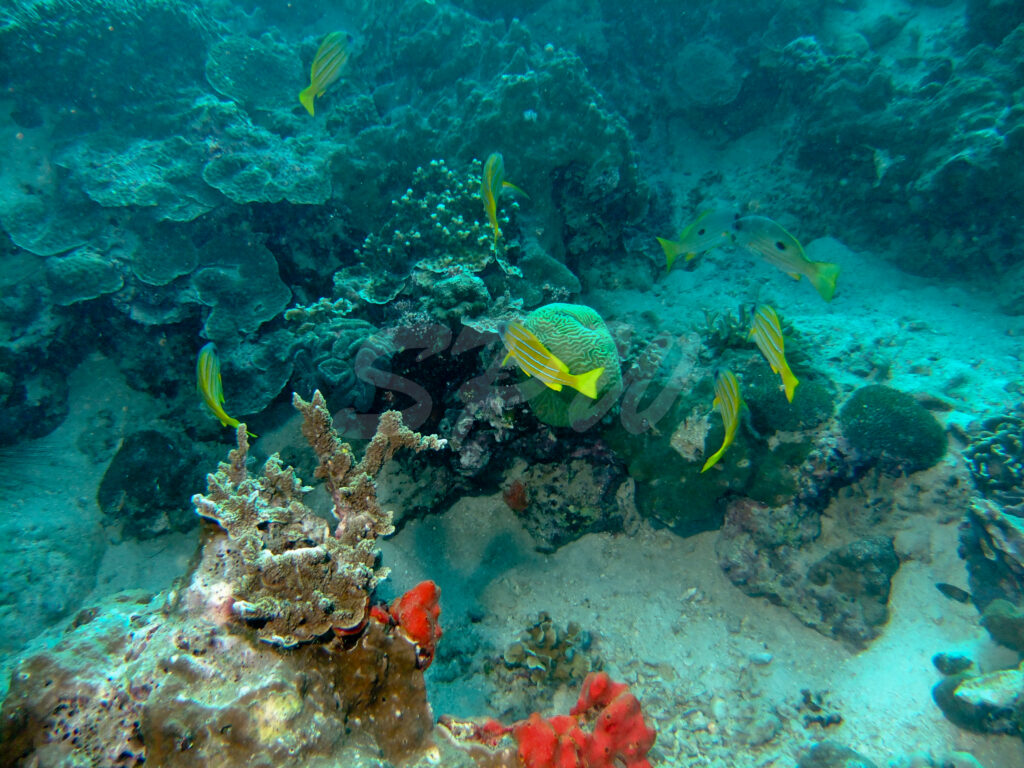
Fact 8: The Djibouti government has set an ambitious goal to transition to 100% renewable energy sources
This initiative is driven by the country’s commitment to sustainability and reducing its reliance on fossil fuels. Djibouti’s strategy focuses on harnessing its abundant renewable resources to meet its energy needs and achieve environmental goals.
Solar energy is a cornerstone of Djibouti’s renewable energy strategy. The country benefits from high solar radiation levels, making solar power a viable and efficient option. Several large-scale solar projects are underway, including the Djibouti Solar Park, which aims to significantly increase the country’s solar energy capacity.
Geothermal energy is another key component of Djibouti’s renewable energy plan. The country is situated along the East African Rift, which provides significant geothermal potential. Projects like the Lake Assal Geothermal Plant are being developed to tap into this resource, contributing to the overall goal of renewable energy generation.
Wind energy also plays a role in Djibouti’s renewable energy strategy. The country has potential for wind power generation, and efforts are being made to explore and develop wind energy projects.
Fact 9: Djibouti has resumed construction of railroads
One of the key projects is the Djibouti-Addis Ababa Railway, a significant rail link connecting Djibouti’s port with Ethiopia’s capital, Addis Ababa. This line, which was completed in 2018, has been a major boost for regional trade and transportation. It allows for efficient movement of goods between the two countries, facilitating economic integration and supporting Djibouti’s role as a major logistics hub in the Horn of Africa.
Additionally, Djibouti is working on expanding its domestic rail network to further improve transportation within the country and to enhance connectivity with neighboring regions.
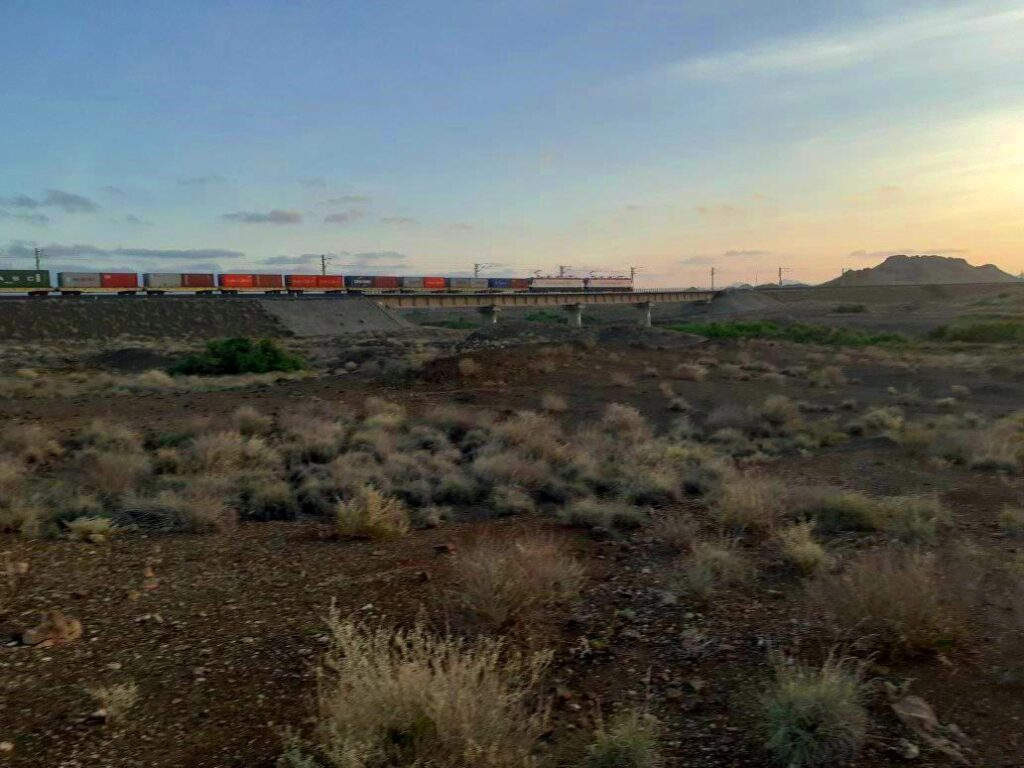
Fact 10: In Djibouti, broad restrictions on photographs of infrastructure facilities
In Djibouti, there are strict regulations concerning the photography of infrastructure and government facilities. These restrictions are primarily in place for security reasons and to protect sensitive information related to national infrastructure and strategic assets.
Photographing or filming government buildings, military installations, ports, and other critical infrastructure without permission is generally prohibited. This policy reflects the country’s efforts to safeguard its security and maintain control over potentially sensitive information.

Published September 01, 2024 • 7m to read

